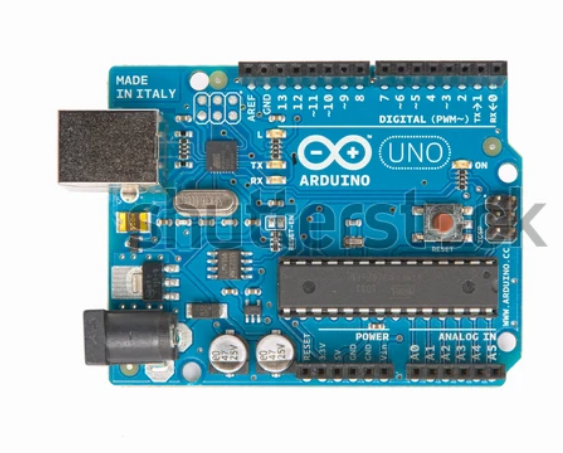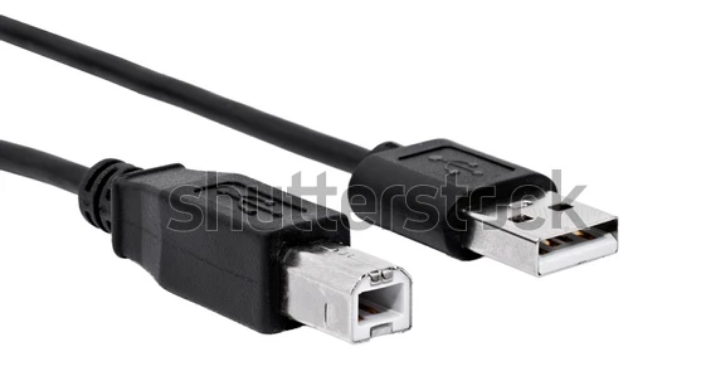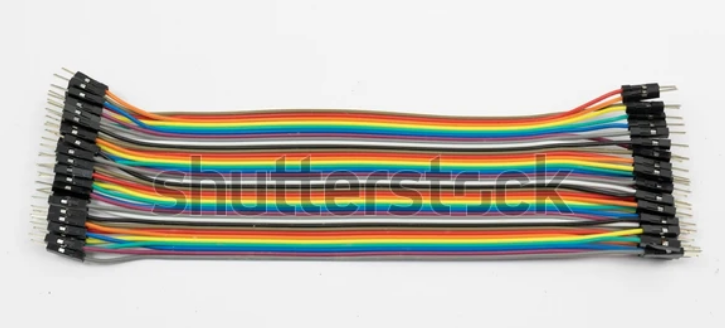What is the Arduino Board?
Arduino is a microcontroller-based electronics platform that allows users to create interactive electronic devices and prototypes. The Arduino board is an open-source hardware and software platform that consists of a microcontroller, which acts as the brain of the system, and various input/output pins that enable users to connect sensors, actuators, and other electronic components. Arduino boards are available in different shapes, sizes, and configurations, ranging from basic entry-level models to more advanced and complex boards. The platform is known for its simplicity, flexibility, and accessibility, making it an ideal choice for hobbyists, artists, and professionals who want to create and experiment with electronic projects.
Different types of Arduino boards.
(01). Arduino Uno
The Arduino Uno is one of the most popular and widely used boards in the Arduino family. It is a microcontroller-based board that features the ATmega328P microcontroller, which has 14 digital input/output pins, six analog inputs, and a 16 MHz quartz crystal oscillator. The board also has a USB interface that allows it to be connected to a computer for programming and communication. The Uno board is easy to use and versatile, making it an ideal choice for beginners and professionals alike. With its open-source hardware and software, the Arduino Uno is also highly customizable, allowing users to modify and adapt it to their specific needs and applications.(02). Arduino Mega
The Arduino Mega is a more powerful and advanced board compared to the Arduino Uno. It is designed for projects that require more processing power, memory, and input/output capabilities. The Mega board features the ATmega2560 microcontroller, which has 54 digital input/output pins, 16 analog inputs, and a 16 MHz quartz crystal oscillator. It also has four hardware serial ports, a USB interface, and a RAM size of 8 KB. With its enhanced features, the Mega board is ideal for projects that require multiple sensors, motors, and other components. The board is also compatible with most shields designed for the Arduino Uno, making it a popular choice among advanced hobbyists and professionals.
(03). Arduino Nano
The Arduino Nano is a compact, low-cost board that is designed for projects that require a small form factor and low power consumption. It is based on the ATmega328P microcontroller and features 14 digital input/output pins, eight analog inputs, and a 16 MHz quartz crystal oscillator. The Nano board is small enough to fit into a breadboard and is compatible with most shields designed for the Arduino Uno. The board also has a USB interface that allows it to be programmed and communicate with a computer. With its small size and low power consumption, the Nano board is a popular choice among makers and hobbyists who want to create projects that are portable and energy-efficient.
(04). Arduino Pro-mini
The Arduino Pro Mini is a small and compact board designed for projects that require minimal space and power consumption. It features the ATmega328P microcontroller, six analog inputs, and 14 digital input/output pins. The Pro Mini board does not have a USB interface, which means that it needs an external USB-to-serial adapter to be programmed and communicate with a computer. However, its small size and low power consumption make it an ideal choice for applications such as wearable technology, sensors, and robotics. The Pro Mini board is also compatible with most shields designed for the Arduino Uno, making it a versatile option for projects that require a small form factor.
What do we want to use Arduino?
(01). Arduino Software
(03). USB 2.0 cable type A/B
A USB 2.0 cable type A/B is a type of USB cable that is commonly used to connect devices to a computer or other USB host. The "A" end of the cable is a flat rectangular connector that plugs into the USB port on the computer or USB hub. The "B" end of the cable is a square-shaped connector that plugs into the device being connected, such as a printer or scanner. The USB 2.0 A/B cable supports data transfer rates of up to 480 Mbps and is backward compatible with USB 1.1 devices. This cable is widely used for connecting peripherals, such as printers, scanners, and external hard drives, to a computer or other USB-enabled device.
(04). Jumper wires
Jumper wires are electrical wires that are used to make temporary connections between two points on a breadboard, circuit board, or other electronic components. They are typically made of thin, flexible wires that are fitted with connectors at each end, which can be inserted into holes or sockets on a board. Jumper wires are commonly used to connect microcontrollers, sensors, actuators, and other electronic components in prototyping, testing, and troubleshooting applications. They come in a variety of lengths, colors, and types, such as male-to-male, male-to-female, and female-to-female, to suit different projects and requirements.


Thank you for taking the time to read my blog post. I hope you found the information helpful and informative. If you enjoyed reading it, please feel free to share it with your friends and colleagues who might also benefit from it. Your support and feedback are greatly appreciated, and I look forward to sharing more content with you in the future.











